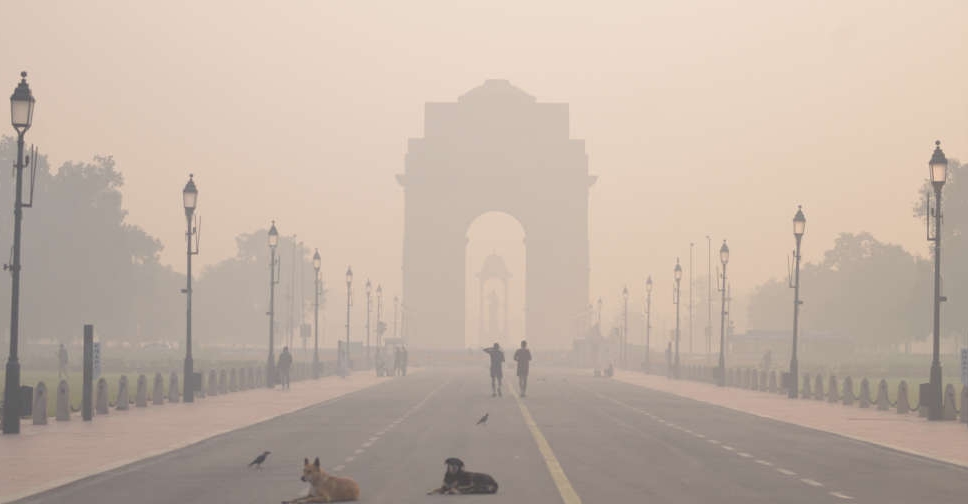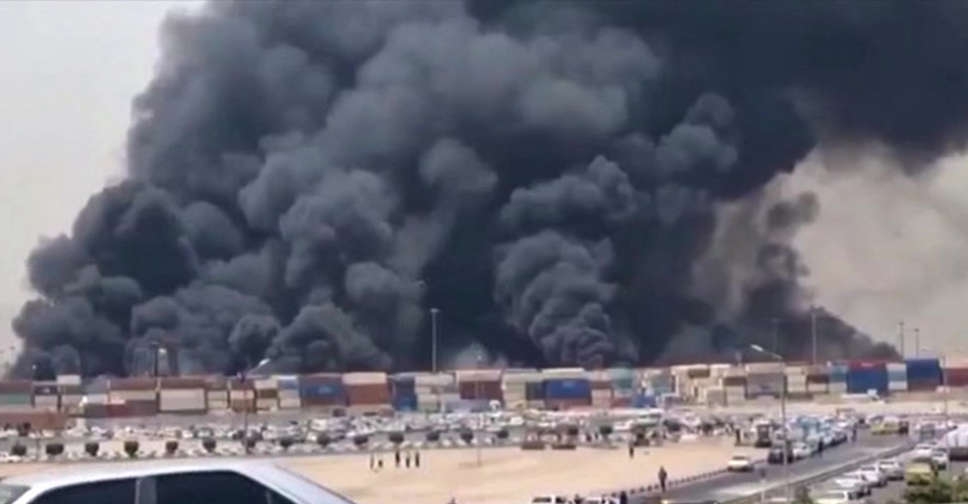
The city of Lahore in Pakistan ranked the world's most polluted in winter's annual scourge across the region, while India's New Delhi reached the "severe" category, causing flight delays and cancellations.
Pakistan's pollution has been worsened by dust, emissions, and smoke from fires burnt illegally in India's farming states of Punjab and Haryana.
The severe pollution has reduced visibility at the city's international airport, causing delays and cancellations.
UAE carrier Etihad Airways told the ARN News Centre three flights from Abu Dhabi International to Lahore Allama Iqbal International Airport was delayed for around five hours, as well as a return flight.
Emirates also said flights had been delayed, however, all flights have departed.
Authorities cracked down on many sources of pollution. Cars and trucks were checked to measure their engine exhaust emissions. Brick kilns were shut down — they emit plumes of black smoke through chimneys — as were plastic-melting plants. Local media reported that several food outlets in a part of Lahore called Model Town were shuttered because they were emitting what authorities said was excessive smoke. An official notification warned that violators would be punished.
The lockdown is expected to last until November 17, when it will be re-assessed.
Meanwhile, New Delhi recorded the worst air quality in the country on Wednesday, reducing visibility at the city's international airport and causing flight delays.
The city was place in the "severe" category after Air Quality Index (AQI) rose sharply to 418.
Visibility at Indira Gandhi International (IGI) Airport dropped to zero, causing some flights to be diverted.
Visibility remained at 300 m (980 ft), the airport operator, Delhi International Airport Limited (DIAL) said, while some airlines warned flights could be affected.
Delhi flights faced delays, with tracking website Flightradar24 showing 88 per cent of departures and 54 per cent of arrivals were delayed.
Officials blamed high pollution, combined with humidity, becalmed winds and a drop in temperature for the smog.
The Commission for Air Quality Management (CAQM) attributed the spike in AQI to an "unprecedentedly dense" fog, which trapped pollutants in the air.



 Rome and the world bid farewell to Pope Francis
Rome and the world bid farewell to Pope Francis
 Trump, Zelenskyy meet in Vatican basilica to seek Ukraine peace
Trump, Zelenskyy meet in Vatican basilica to seek Ukraine peace
 Large explosion hits port in southern Iran
Large explosion hits port in southern Iran
 Funeral of Pope Francis begins
Funeral of Pope Francis begins
 Jeffrey Epstein accuser Virginia Giuffre dies, her family says
Jeffrey Epstein accuser Virginia Giuffre dies, her family says






